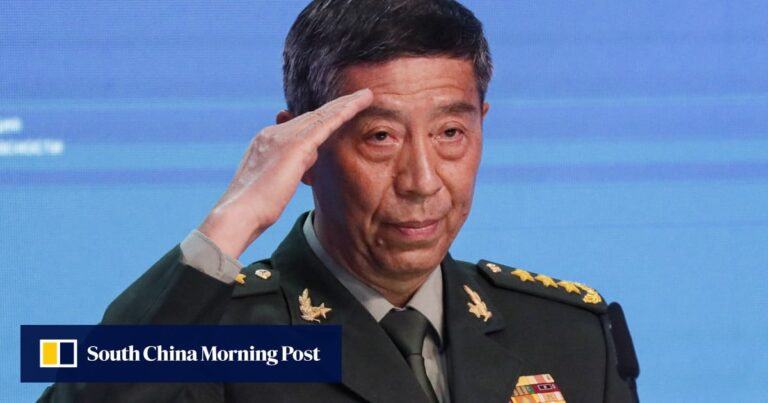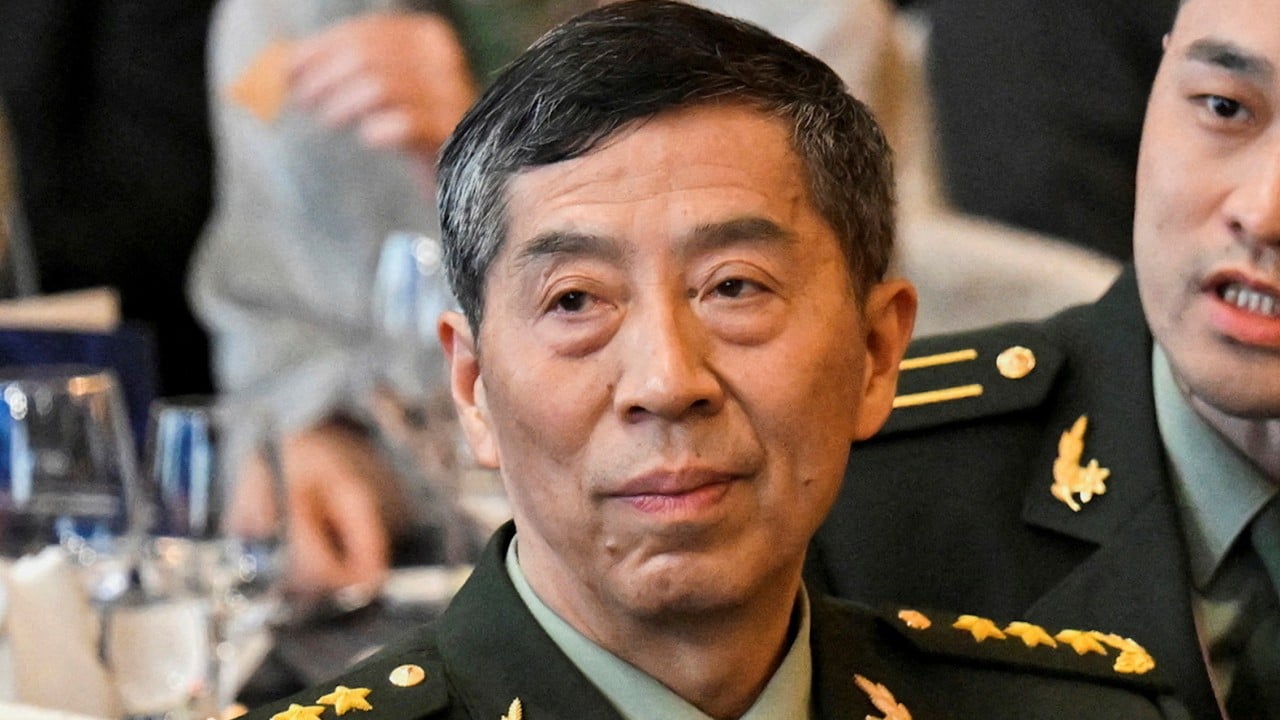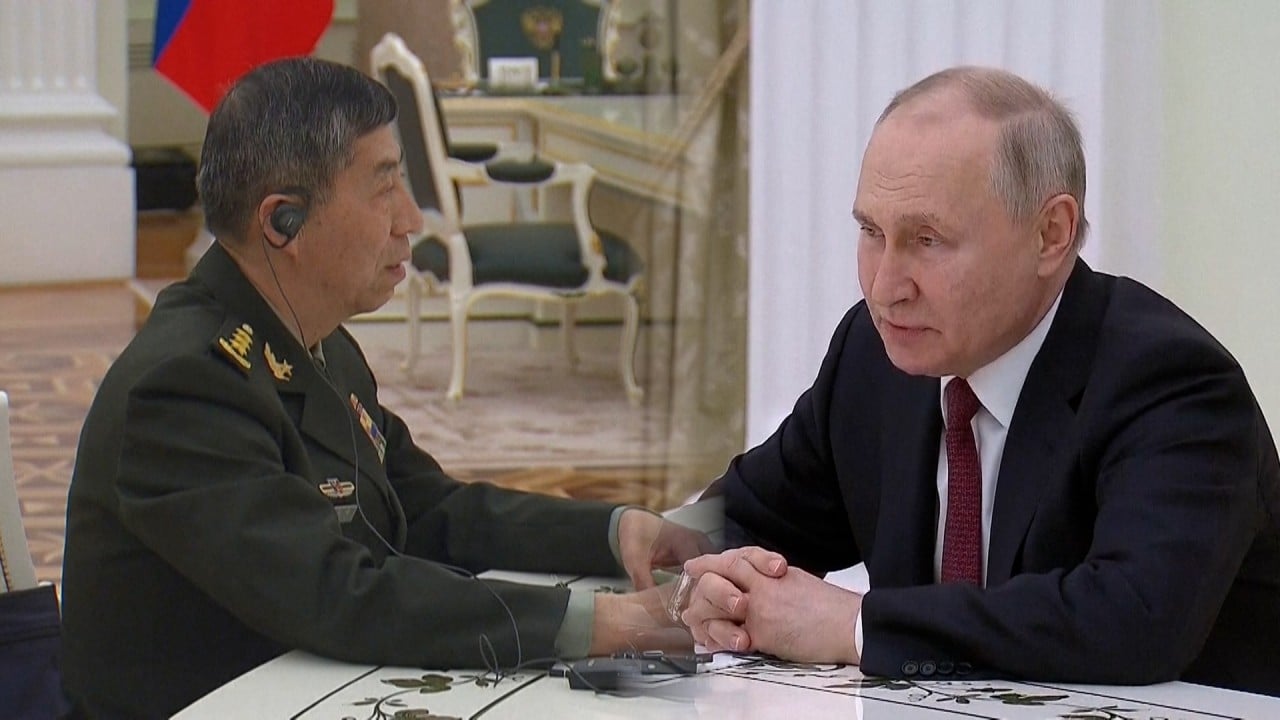It added that an earlier meeting of the Central Military Commission (CMC), the country’s highest military decision-making body, had also stripped Li and Wei of their general ranks and PLA membership.
The investigation into Li began on August 31 and concluded that he had accepted “significant amounts of money” to benefit others, and that he had also bribed others, the statement said.
Wei was investigated on September 21 and is accused of accepting unauthorized gifts and large sums of money in exchange for using his power to benefit others. He has not been accused of accepting bribes.
The statement added that the investigation also uncovered evidence of possible other “serious disciplinary and criminal offences” by the two, but did not provide details.
Both men face criminal prosecution, Xinhua reported.
This is the first time in the history of the People’s Liberation Army that corruption investigations into two defense ministers have been made public on the same day.
China’s defense ministers have a different role than their foreign counterparts: Most of them are military diplomats with very limited command powers and low status in Xi’s Central Military Commission.
Thursday’s report contained unusually harsh language about the two generals.
Wei, a senior Party official and PLA leader, “diminished conviction and lost loyalty,” severely polluted the PLA’s political ecosystem, while Li “abandoned his original mission and lost the Party’s principles,” severely polluting the PLA’s military equipment industry.
The report said their actions “betrayed the trust of the Party’s Central leadership and the Central Military Commission and caused great damage to the Party’s cause, national defense, the construction of the People’s Liberation Army, and the image of senior leading cadres.”
“This was of an extremely serious nature and caused extremely adverse impacts and extremely significant damage,” the report said.
Li spent decades in the equipment department, overseeing military procurement.
Wei became commander of the PLA’s Second Artillery Corps in 2012 and continued to command a key part of the country’s nuclear arsenal even after the force was redesignated into a rocket force in 2015.



